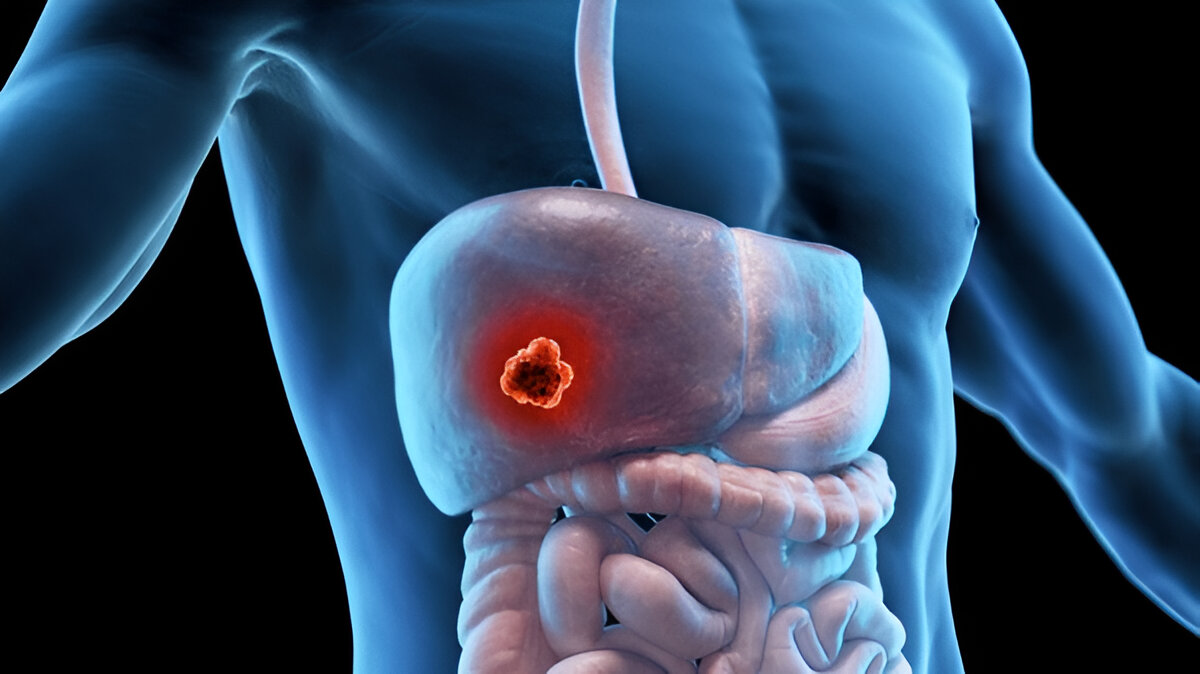Frequently Asked Questions
Primary Sclerosing Cholangitis (PSC) is a chronic liver disease where inflammation and scarring damage the bile ducts, leading to liver damage.
The exact cause is unknown, but PSC is believed to be an autoimmune condition, often associated with inflammatory bowel disease (IBD), particularly ulcerative colitis.
Symptoms may include fatigue, itching, jaundice, abdominal pain, fever, and unexplained weight loss.
PSC is diagnosed through liver function tests, imaging (MRCP or ERCP), and sometimes liver biopsy.
There is currently no cure for PSC. Management focuses on symptom relief, preventing complications, and monitoring disease progression.
Treatments may include medications to relieve itching, antibiotics for infections, endoscopic procedures to open narrowed bile ducts, and liver transplant in advanced cases.
Yes, PSC can eventually lead to cirrhosis and liver failure if not effectively managed.
Yes, patients with PSC and ulcerative colitis have a higher risk of developing colorectal cancer.
Yes, PSC can recur in some patients after liver transplantation, although it is relatively uncommon.
Regular monitoring with liver function tests, imaging, and cancer screening is recommended every 6 to 12 months.
PSC is not directly inherited, but there may be a genetic predisposition in some individuals.
While there's no specific PSC diet, a balanced, low-fat, nutrient-rich diet can support liver health. Patients with fat malabsorption may need vitamin supplements.
Yes, PSC increases the risk of cholangiocarcinoma (bile duct cancer), which requires regular surveillance.
PSC affects both intrahepatic and extrahepatic bile ducts and is commonly associated with IBD, while PBC mainly affects the small intrahepatic bile ducts and is autoimmune in nature.
Yes, vaccinations, especially against hepatitis A and B, are recommended to prevent additional liver complications.

